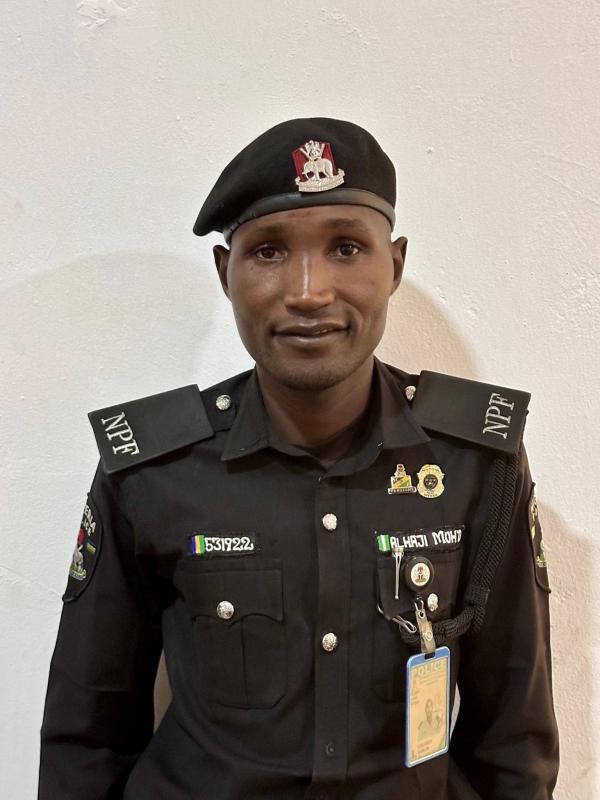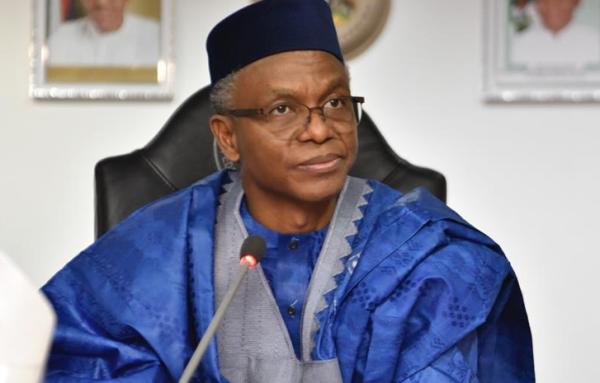
Desperate patients infected with the deadly Ebola virus buy blood from survivors at the black market, the World Health Organization (WHO) has disclosed.
The hemorrhagic fever, which is currently ravaging West Africa, has already claimed more than 2,300 lives, with the figure expected to rise.
As there is still no approved cure against the virus and the rate of deaths from Ebola is very high, especially in the countries with poor healthcare conditions, terrified patients seek for alternative methods, Punch reports with reference to the UN body.
It would be recalled that the WHO had previously suggested to use survivors’ blood to treat those, who contracted the disease. While there is no official confirmation of this method effectiveness, the organization recalled the studies on the 1995 outbreak in Congo in the course of which 7 out of 8 people survived after being given this therapy.
The method was later tested in this year’s outbreak on the American patient Rick Sacra, who is already expected to make a full recovery soon.
In a recent statement the WHO spoke again about the “survivors’ blood” therapy.
“Studies suggest blood transfusions from survivors might prevent or treat Ebola virus infection in others, but the results of the studies are still difficult to interpret. It is not known whether antibodies in the plasma of survivors are sufficient to treat or prevent the disease. More research is needed.”
It is clear that the method, when used for treatment, should be tested in the appropriate medical environment. Moreover, the blood obtained from improper channels can lead to spread of other infections like HIV and other serious diseases.
The WHO director-general Margaret Chan said:
“We need to work very closely with the affected countries to stem out black market trading of convalescent serum for two reasons. Because it is in the interest of individuals not to just get convalescent serum without … going through the proper standard and the proper testing because it is important that there may be other infectious vectors that we need to look at.”
Meanwhile there is currently no active case of Ebola recorded in Nigeria, however the danger of infection still remains high as the epidemic shows no signs of stopping.



















